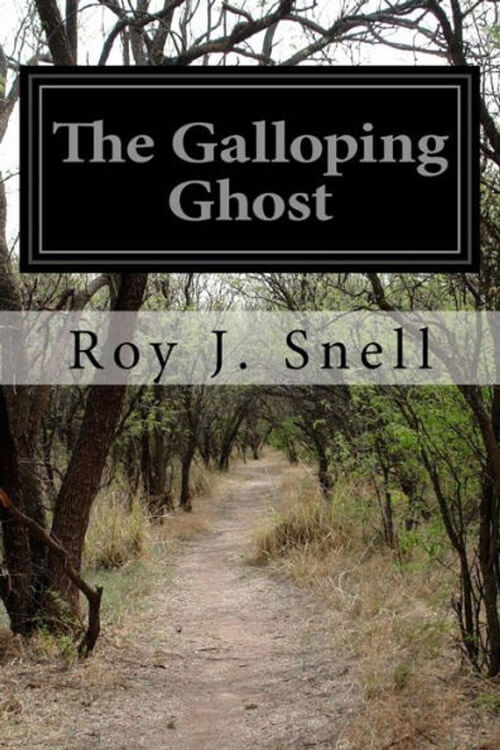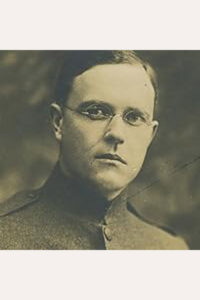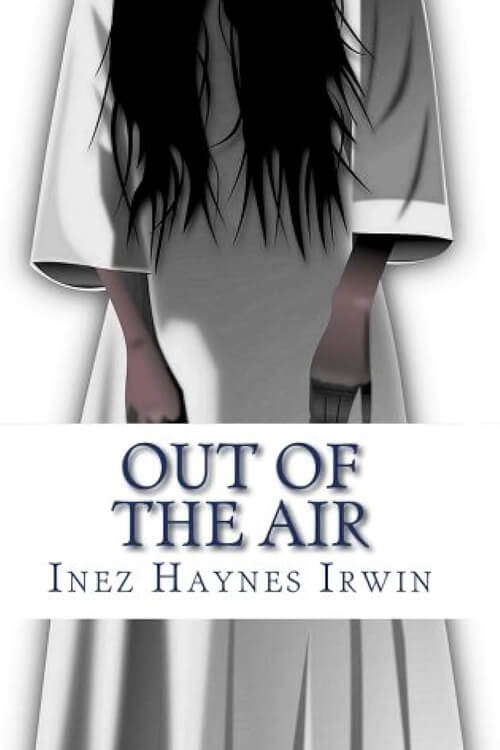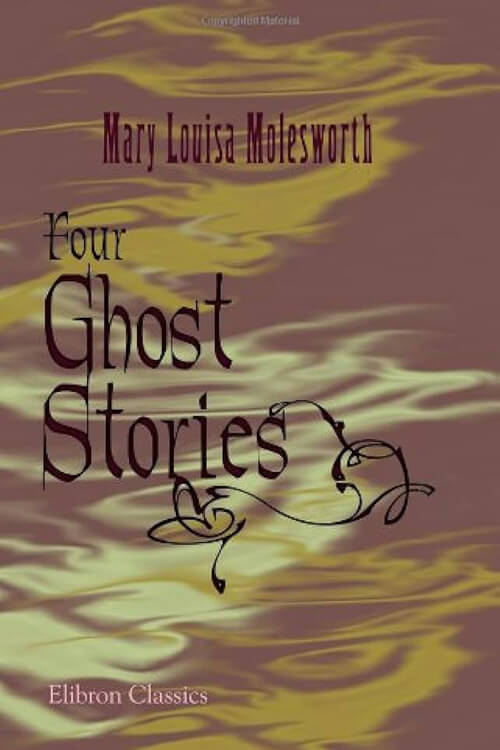
The Galloping Ghost
With a quick intake of breath, Red stared enchanted, for there, not twenty yards away, standing at the end of the small island he had reached, was a moose. Nowhere in all his life had the boy beheld such complete majesty. Erect, silent, and powerful, the monarch of the forest stood there defiant and unafraid. “Where in all the earth could one find a spot like this?” Red breathed to himself, “A spot so sheltered that even the shyest of the forest’s great ones shows no fear.” He had expected the oarsman to drag a rifle from the prow and fire point-blank at this moose. Instead, he sat there for a second, his rough face disfigured by a semblance of a smile; then, pocketing his flashlight, he once again took up his oars.
For Red, there was little enough time for thought. The boat swung about. Before them lay a point of land, perhaps the end of an island. At its end was a little half-clearing where a score of girdled birches pointed their barren trunks, like dead fingers, toward the sky. At the edge of this clearing was a small log cabin. From this, a pale light gleamed. Toward this cabin, the boat directed its course. “‘This is the forest primeval.’” The words sprang unbidden to the boy’s lips. “‘The murmuring pines and the hemlocks, bearded with moss, and in garments green, indistinct in the twilight, stand like Druid’s eld, with voices sad and prophetic, Stand like harpers hoar, with beards that rest on their bosoms.’” “And tomorrow was to have been—”
Read or download Book
Roy J. Snell
Roy Judson Snell (November 20, 1878 – September 21, 1959) was an American fiction writer mainly for young readers.
Biography.
Snell was born to James and Sarah Knight-Snell in Laddonia, Missouri, on November 12, 1878. Snell wrote several juvenile fiction books. While he mainly concentrated on stories for boys, there was at least one series of mysteries for girls. He also wrote under the pen names of David O’Hara, James Craig, and Joseph Marino. Snell and his wife Lucile had three sons, Jud, John, and James. The latter, J. Laurie Snell, became a professor of mathematics at Dartmouth College. Jud and John found careers as businessmen and United States Navy pilots. In 1938, Snell appeared on Edgar Guest’s “It Can Be Done” radio show. In 1941, he wrote a series of war stories for boys at the request of his publisher. He retired from writing soon after the end of World War II.
He spent much of his retirement at a summer cottage on Isle Royale, Michigan. Lucille, a concert pianist who had attended the New England Conservatory of Music, suffered from asthma, so the family vacationed in the north, at Hessel, Michigan, and then at Isle Royale. Here, the family acquired a life lease on a property at Tobin Harbor in Isle Royale National Park. Snell would visit schools in Detroit and Des Moines, lecturing with coloured slides showing life on Isle Royale. Snell died in 1959 at the age of 80. He is buried in Wheaton Cemetery in Wheaton, Illinois.






